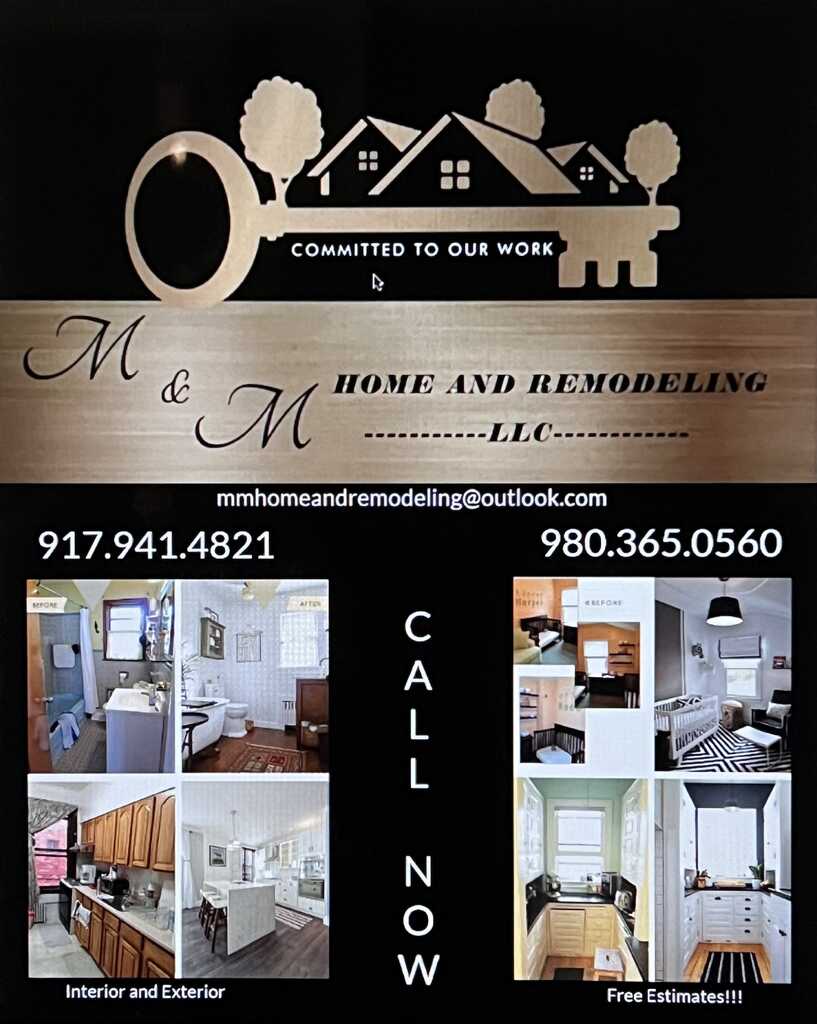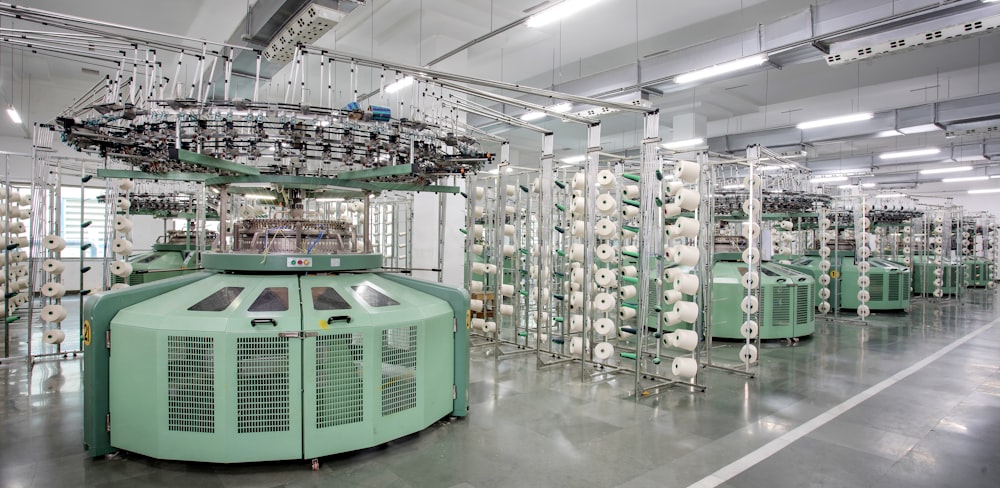
Keeping Your Plumbing in Top Shape: Maintenance Guide
Understanding the Importance of Plumbing Maintenance
Maintaining your plumbing system is crucial for the overall health and functionality of your home. Neglecting regular maintenance can lead to costly repairs, water damage, and inconvenience. By implementing a proactive approach to plumbing maintenance, you can prevent problems before they arise and ensure that your plumbing system remains in top shape for years to come.
Checking for Leaks and Drips
One of the most important tasks in plumbing maintenance is checking for leaks and drips throughout your home. Even small leaks can waste a significant amount of water over time and lead to water damage and mold growth. Inspect all visible pipes, faucets, and fixtures for signs of leaks or drips regularly. Address any leaks promptly by tightening fittings or replacing worn-out components to prevent further damage.
Testing Water Pressure
Proper water pressure is essential for the efficient operation of your plumbing system. Low water pressure can indicate underlying issues such as clogged pipes or a malfunctioning pressure regulator. Test the water pressure in your home regularly using a pressure gauge. If you notice a significant decrease in water pressure, consult a professional plumber to identify and address the root cause of the issue promptly.
Clearing Clogged Drains
Clogged drains are a common plumbing problem that can disrupt the flow of water and lead to backups and overflows. Prevent clogs by avoiding flushing non-flushable items down the toilet and using drain screens to catch hair and debris in sinks and showers. If you encounter a clogged drain, try using a plunger or drain snake to remove the obstruction. For stubborn clogs, consider using an eco-friendly drain cleaner or consult a professional plumber for assistance.
Insulating Exposed Pipes
In colder climates, freezing temperatures can cause unprotected pipes to freeze and burst, resulting in costly water damage. To prevent frozen pipes, insulate exposed pipes in unheated areas of your home, such as basements, attics, and crawl spaces. Use pipe insulation sleeves or heat tape to wrap exposed pipes and keep them warm during the winter months. Additionally, consider keeping cabinet doors open to allow warm air to circulate around pipes under sinks and vanities.
Maintaining Water Heaters
Water heaters play a crucial role in providing hot water for bathing, cooking, and cleaning in your home. To ensure the efficient operation of your water heater and extend its lifespan, perform regular maintenance tasks such as flushing the tank to remove sediment buildup and checking the temperature and pressure relief valve for proper function. Consider scheduling annual professional inspections and tune-ups to identify and address potential issues before they escalate.
Testing Sump Pump Functionality
If your home is equipped with a sump pump, it’s essential to test its functionality regularly, especially during periods of heavy rainfall or snowmelt. Pour water into the sump pit to trigger the pump and ensure that it activates properly and effectively pumps water away from your home’s foundation. Consider installing a battery backup sump pump to provide additional protection in case of power outages or pump failures.
Addressing Plumbing Emergencies Promptly
Despite your best efforts at preventative maintenance, plumbing emergencies can still occur unexpectedly. Whether it’s a burst pipe, sewer backup, or overflowing toilet, it’s essential to address plumbing emergencies promptly to minimize damage and disruption to your home. Familiarize yourself with the location of shut-off valves for water mains and individual fixtures in your home, and keep emergency contact information for a trusted plumber readily available.
Implementing a Regular Maintenance Schedule
To keep your plumbing system in top shape year-round, it’s essential to implement a regular maintenance schedule and stick to it. Create a checklist of maintenance tasks and perform them on a monthly, quarterly, or annual basis, depending on the specific needs of your home. Consider scheduling professional plumbing inspections and tune-ups periodically to identify and address potential issues before they escalate into costly repairs.
Investing in Professional Plumbing Services
While many plumbing maintenance tasks can be performed DIY, some issues require the expertise of a professional plumber. Consider investing in professional plumbing services for complex tasks such as pipe repairs, sewer line inspections, and water heater installations. A licensed plumber can provide expert advice, identify hidden issues, and ensure that your plumbing system remains in top shape for years to come. Read more about home plumbing maintenance










